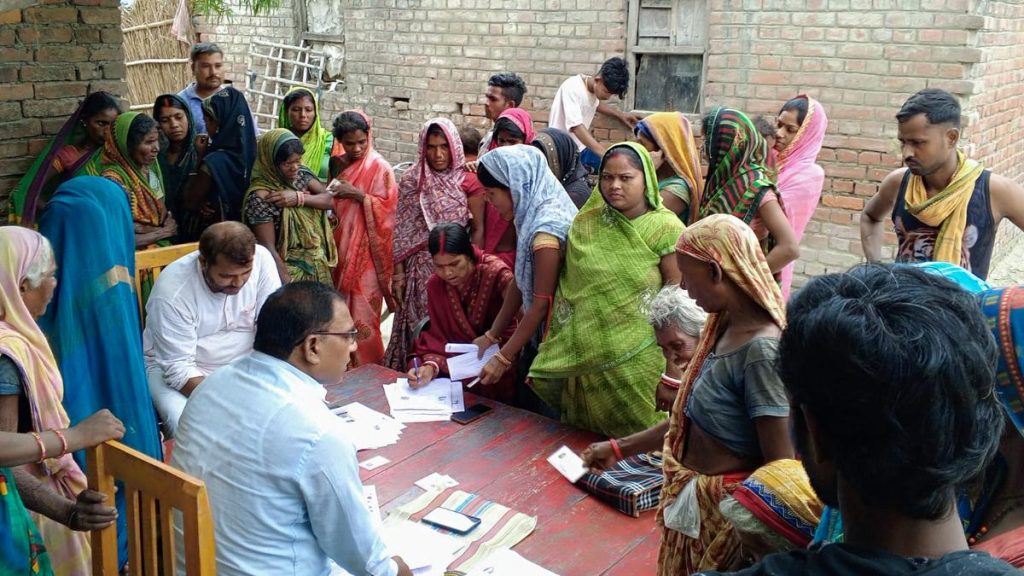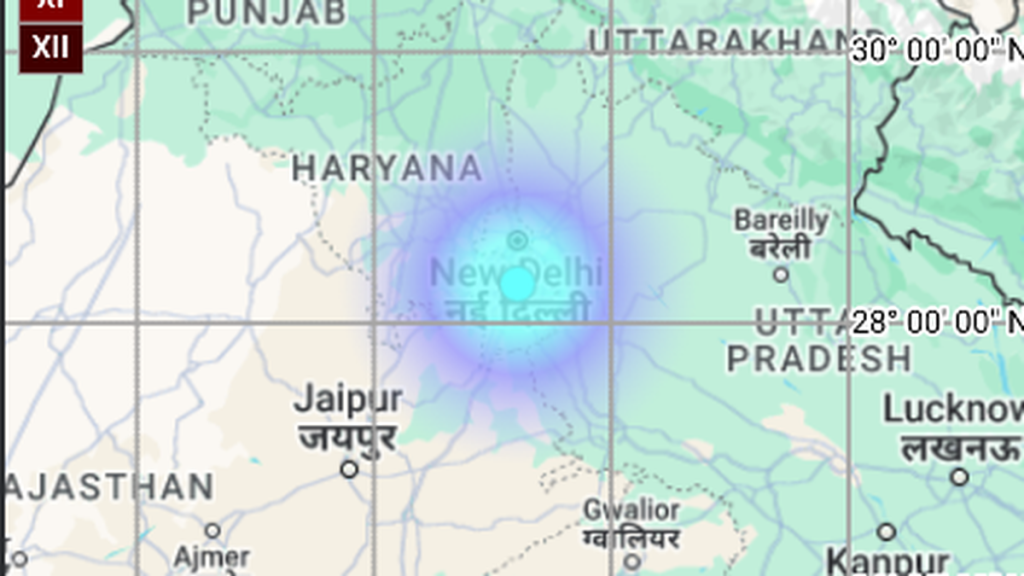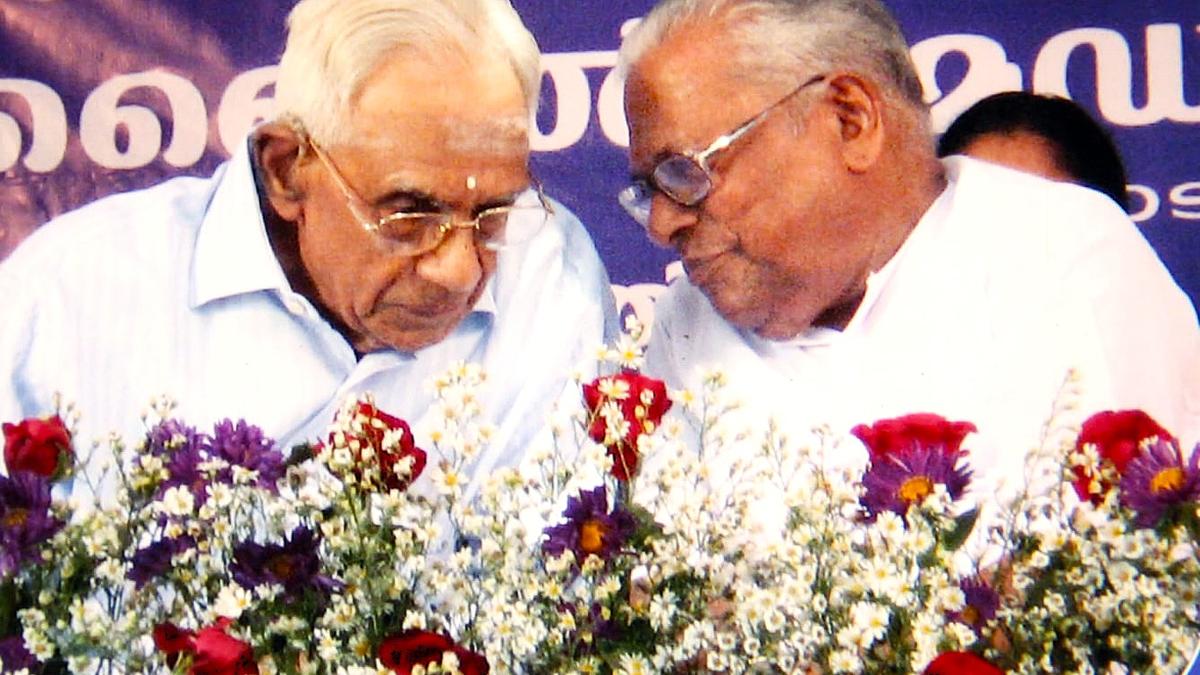Now Reading: SC Verdict Criticized by CM as Rebuke to Centre’s Alleged Vendetta Politics
-
01
SC Verdict Criticized by CM as Rebuke to Centre’s Alleged Vendetta Politics
SC Verdict Criticized by CM as Rebuke to Centre’s Alleged Vendetta Politics

Speedy Summary:
- Supreme Court Verdict: The Supreme Court,led by Chief Justice B.R. Gavai and Justice K. Vinod chandran, rejected the Enforcement Directorate’s (ED) plea to investigate Karnataka Chief Minister siddaramaiah’s wife, Parvathi, in the MUDA site allotment case.
- Chief minister’s Reaction: siddaramaiah called the judgment a “resounding slap” on what he claimed was “vendetta politics” by the Central Government.
- Judiciary’s Commentary: chief Justice Gavai emphasized that electoral battles should be fought democratically and not through misuse of institutions like ED.
- Political Criticism: Siddaramaiah accused the BJP of using constitutional agencies such as CBI and ED for political harassment and called for their accountability.
- demand for Apology: He urged BJP leaders in Karnataka to issue a public apology and criticized PM Narendra Modi and Home Minister Amit Shah for alleged misuse of investigative agencies.
- Other Political Statements: Rural Advancement Minister priyank Kharge also attacked Opposition leaders R. Ashok and B.Y. Vijayendra, asking them to resign with dignity.
Indian Opinion Analysis:
The Supreme Court verdict marks a significant judicial intervention addressing concerns over alleged politicization of investigation agencies like the enforcement Directorate (ED). By rejecting attempts to investigate CM Siddaramaiah’s wife on grounds deemed baseless, it sends a strong message about upholding institutional integrity amidst rising accusations of agency misuse by political powers. This is highly likely to spark debates around autonomy within India’s governance framework.The remarks made by Chief Justice Gavai highlight foundational democratic principles-that disputes must be resolved through elections rather than leveraging enforcement bodies-potentially setting precedent for avoiding institutional overreach. While such accusations are ubiquitous across party lines during political rivalries in India, this case brings focus back onto balancing governance ethics with protecting personal rights against harassment.
For Karnataka’s current political landscape, aligned heavily along partisan lines post-recent assembly elections, this ruling might embolden ruling party narratives while pressing Opposition parties towards introspection regarding their strategies going forward.

























